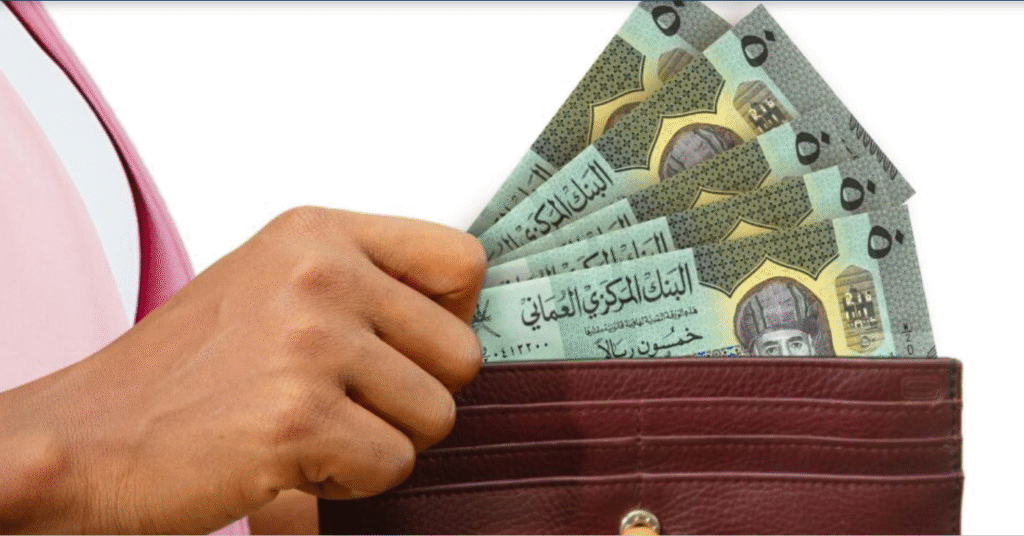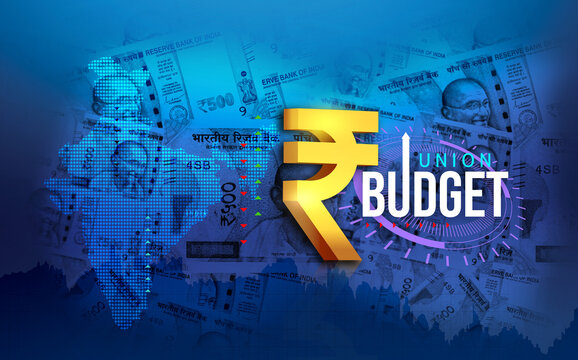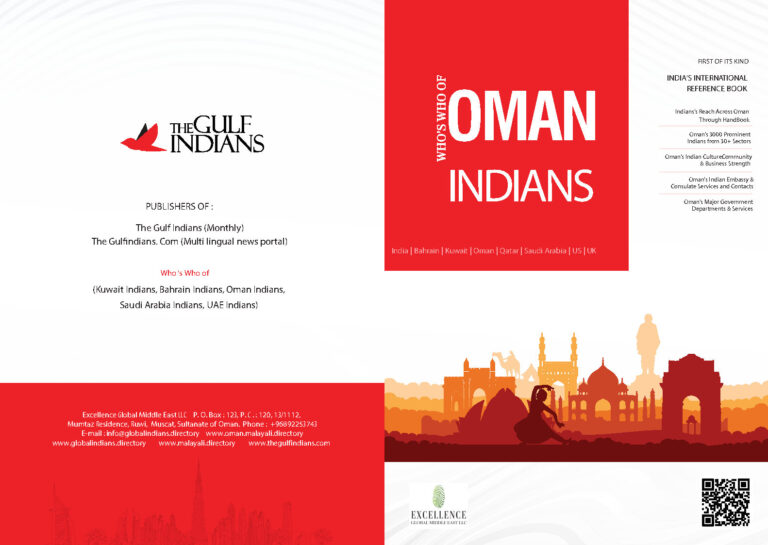Muscat: The Tax Authority of Oman has clarified that the newly introduced personal income tax system will be progressive in nature, incorporating various exemptions and deductions that significantly reduce the taxable income for most individuals. As a result, an estimated 99% of the population will not be liable for tax under the current framework.
According to the authority, the tax system is designed to ensure fairness and affordability, particularly by taking into account common household expenditures such as healthcare, education, and charitable donations.
Example 1: No Tax Liability for Moderate Earners
In a sample scenario provided by the authority, an engineer earning RO 4,000 per month—comprising RO 3,500 from a full-time job and RO 500 from freelance work—would have a total annual income of RO 48,000.
After applying the standard exemption limit, only RO 6,000 remains as net taxable income. Further deductions, such as RO 2,000 for family health insurance and RO 4,000 for children’s private school fees, reduce the taxable income to zero—resulting in no tax liability.
Example 2: Business Income Taxation
In a second example, a businessman with an annual income of RO 100,000 qualifies for an exemption of RO 42,000. After deducting RO 5,000 contributed towards zakat and official charitable donations, the taxable amount is RO 53,000. At a 5% tax rate, the total income tax payable amounts to RO 2,650.
Encouragement to Understand Deductions
The Tax Authority is urging residents to educate themselves about eligible deductions and exemptions, which include:
- Health insurance premiums
- Private education expenses
- Zakat and donations through authorized channels
By properly applying these categories, many individuals will find themselves outside the taxable income bracket or liable for only a minimal amount.
The introduction of personal income tax is part of Oman’s broader efforts to diversify national revenue sources while ensuring that low- and middle-income groups are protected from undue financial burden.












